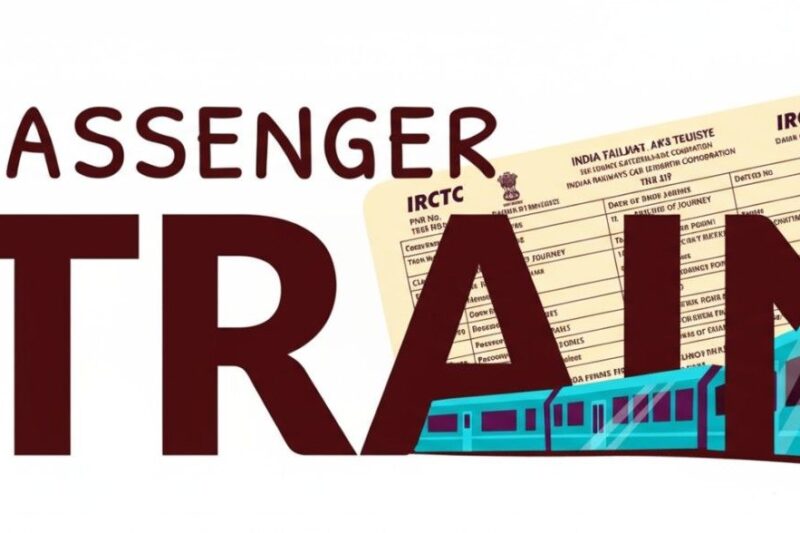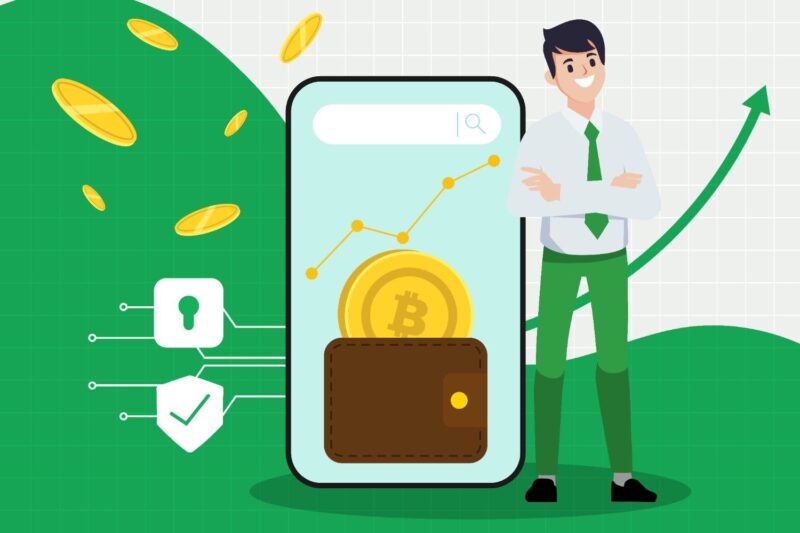Nowadays, everything is done online, including job applications and banking. However, how can you confirm that you are the person signing a document online? A digital signature can help with that. It protects your documents while helping in identity verification.
What Is a Digital Signature?
A digital signature is an electronic equivalent of your handwritten signature. But instead of a pen, it uses special computer technology to prove that you signed the file.
It helps to,
- Identify who signed the document.
- Make sure the document is not changed after signing.
- Keep your personal information safe.
How Digital Signature Verification Works
| Step | What Happens |
| 1. You sign the file | You use a digital signature tool or software to sign the document. |
| 2. A unique code is created | The software creates a secret code called a “key” that belongs only to you. |
| 3. The code is locked | This code is locked into the document, so no one can change it. |
| 4. The receiver checks it | When someone opens the document, their computer checks if the code is real and unchanged. |
| 5. Identity is confirmed | If the code matches, the signature is verified, and your identity is confirmed. |
So, digital signature verification helps confirm that the document came from you and was not edited by anyone else
Reasons Digital Signature Is Important
Let’s look at why digital signature verification matters so much today,
- Security – It protects your information from being altered or hacked.
- Trust – It creates trust between the sender and the recipient.
- Speed – You can quickly sign and send documents from anywhere.
- Paperless Process – No more printing, scanning, or sending papers through couriers.
- Legal Value – In India, digital signatures have been given legal recognition under the IT Act, 2000.
Where Are Digital Signatures Used?
Digital signatures have a wide range of online activities where they are used. Here are some of the most common,
- Banking – To confirm online loans or KYC forms
- Government Services – For e-filing taxes or digital ID verification
- Business Agreements – To sign legal or corporate documents
- Education – For issuing certificates or admission applications
- E-commerce – To authorise secure payments or contracts
So the next time you upload a signed PDF or submit an online form, you might be using a digital signature without even realising it.
Advantages of Digital Signature
Digital signature benefits are not just limited to convenience. Here are some main benefits,
- super-fast and very easy to use
- less paperwork and lower storage costs
- not easily copied or forged
- time-saving for both business and customers
- universal application, great for international deals
Moreover, the use of digital signature verification tools decreases the probability of fraud, as each signature is associated with a verified identity.
Procedure to Obtain a Digital Signature in India
In India, digital signatures are given by authorised providers, e.g.,
- eMudhra
- Sify
- NSDL
- Capricorn
You can apply for one through the internet by doing KYC verification and also by uploading your ID proof, which could be Aadhaar or PAN. After the approval, you will be issued your Digital Signature Certificate (DSC), which is applicable for any online transaction.
Olyv Tip
Olyv and other similar platforms allow customers to do a fast and safe digital signature identity verification during financial activities such as applying for personal loans or digital KYC. It guarantees that your papers are safe and that your identity is verified before any deal.
Conclusion
The electronic signature verification procedure assures online work to be secure, easy, and reliable. It reveals your identity, secures your papers, and speeds up the process of completing tasks. With the world migrating to the digital lifestyle, knowing how a digital signature works is a crucial step in securing and reassuring yourself online.



